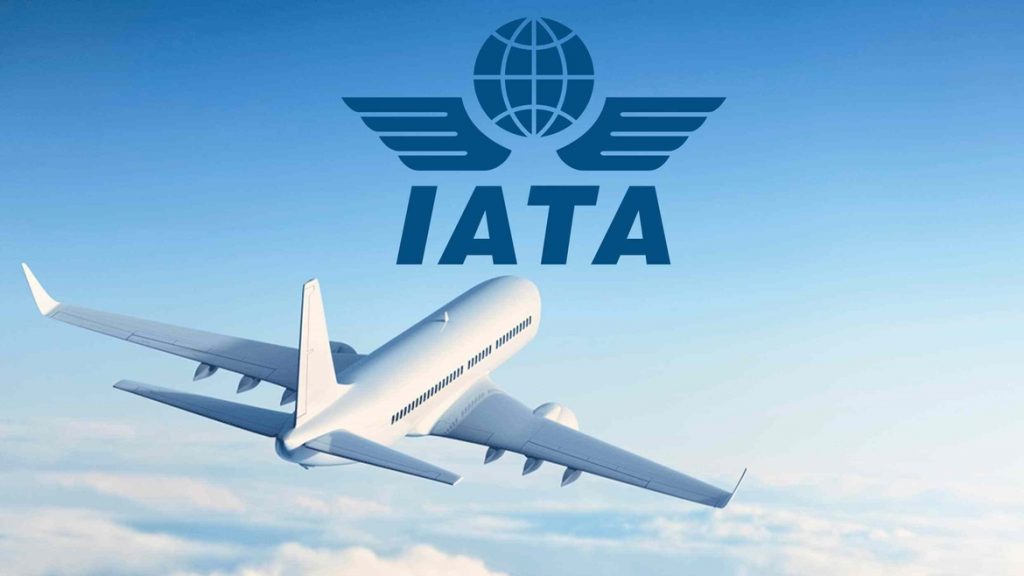
The IATA has conceded to budget airlines who opposed its initial proposal to extend current airport slot access waivers until the end of summer 2021.
The International Air Transport Association has been pushing for an extension to current airport slot access waivers as the industry continues to bleed cash due to COVID-19, however budget carriers opposed its initial proposal, citing it as uncompetitive.
The first draft of the proposal, issued jointly by the IATA, airports body ACI and slot co-ordinator association WWACG, would have prolonged the current full suspension of rules that require airlines to use 80 per cent of their take-off and landing slots or else lose some to rivals.
The current waiver on this “use it or lose it” requirement expires on 31 March, however will now, once amendments are made, be extended until October 2021.
Rules on the allocation of airport slots have big ramifications for airline competition and market access for low-cost carriers, which were making ever deeper inroads before the pandemic.
The first draft proposal reportedly angered budget carriers, largely faring better than their larger, traditional counterparts, who deemed the practice as being anti-competitive.
“We oppose the extension of slot waivers into summer 2021 because this will lead to fewer flights and higher fares for consumers,” a Ryanair spokeswoman said.
“Legacy airlines at hub airports will have no incentives to operate flights,” she added.
“Slot waivers distort competition by preventing low-fare airlines from expanding while legacy carriers are able to reduce capacity and raise prices.”
The issue has become increasingly divisive among both airlines and airports, pitting budget carriers – largely absent from IATA membership – against traditional carriers.
In a bid to address concerns, the new proposal would restore the “use-it-or-lose-it” principle during the northern hemisphere summer, but reduce the utilisation rate required to keep slots to 50 per cent.
“All parties agree that the normal threshold (80:20) should be replaced by a lower threshold,” the new draft document said.
“[The] slot usage requirement threshold shall be set at 50:50.”
The IATA said the plan was “essential to preserve connectivity” until air traffic recovers.
“The existing slot rules were never designed to cope with a prolonged industry collapse,” it said in a statement.
The proposal would also allow incumbent carriers to sidestep the 50 per cent rule on slots they return for temporary allocation to rivals by February – too late for schedule planning, competitors say.
The deal is unlikely to satisfy Ryanair or ultra-low cost peer Wizz Air.
“Wizz Air finds any attempt to extend the current slot waiver in full, partially or at lower thresholds totally unacceptable,” chief executive Jozsef Varadi said.
“Wizz Air is not party to this effort which is harmful to consumers, societies, taxpayers and the general workforce.”
Meanwhile, easyJet, a longer-established budget carrier present at major European airports, said it “views the IATA-led industry proposal as a good compromise”.
Ultimately, governments will decide on any waiver extension and must balance competition with support for an industry brought to a near-standstill in long-haul and many regional markets.
A blueprint with sector-wide backing is nevertheless bound to influence the European Commission, US Federal Aviation Administration and other regulators, experts said.
For incumbents, it offers “protection for their slot portfolios in a season where demand is still likely to be too weak to justify operating full programs”, aviation consultant John Strickland said.
“But low-cost carriers with aircraft available to begin new services will see this as providing insufficient flexibility,” he added, and the plan leaves some airports “unable to accept new flight capacity while seeing revenues continue to haemorrhage”.










